News
For media inquiries, please contact OUUVzrqvn@hpfs.rqhude.fscu@aidemIHHB
Image
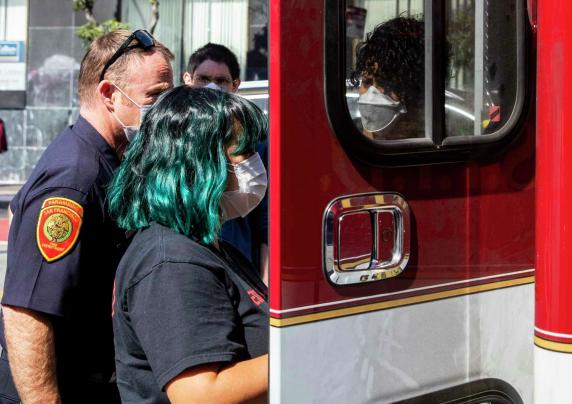
Study: San Francisco’s Fragmented City Services Are Harming the Most Vulnerable
San Francisco Chronicle •
September 27, 2022
Image

How Hospital Discharge Data Can Inform State Homelessness Policy
Public Policy Institute of California •
September 19, 2022
Image

Older Homeless People Are at Great Risk of Dying
UCSF News •
August 29, 2022
Image
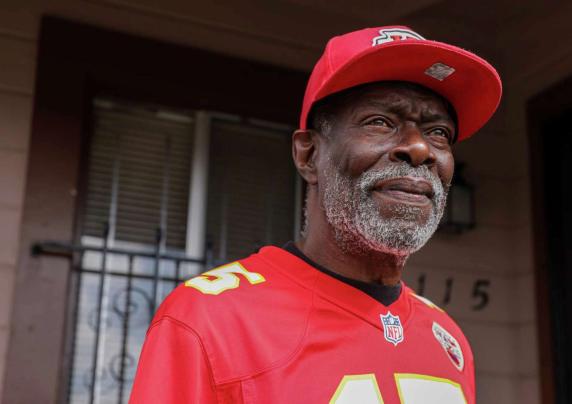
Just How Bad for Health Is Homelessness? UCSF Study Finds Dire Outcomes for Oakland’s Older Population
San Francisco Chronicle •
August 29, 2022
Image
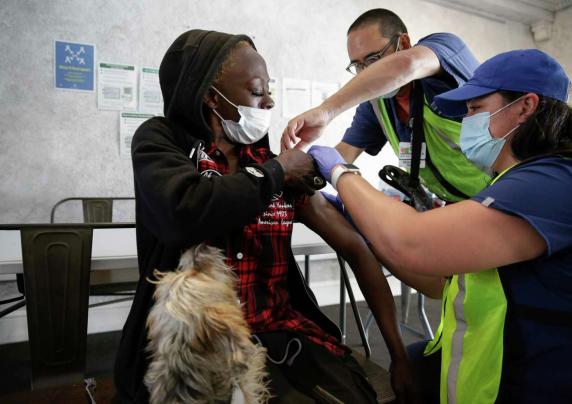
‘This Is What Equity Looks Like’: Roving Teams Deliver COVID Vaccines Around the Tenderloin
San Francisco Chronicle •
August 25, 2022
Image
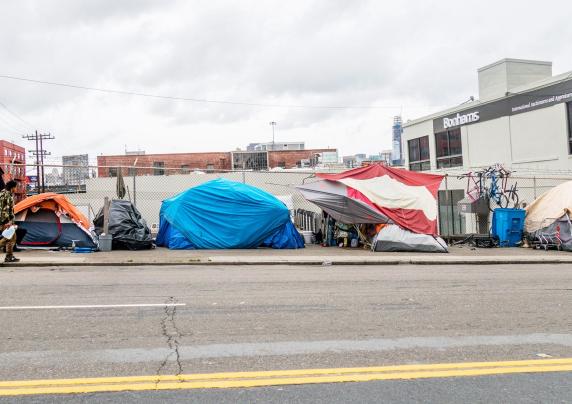
People in Shelter-in-Place Hotels Used Less Acute Health Services
UCSF News •
July 27, 2022
Image
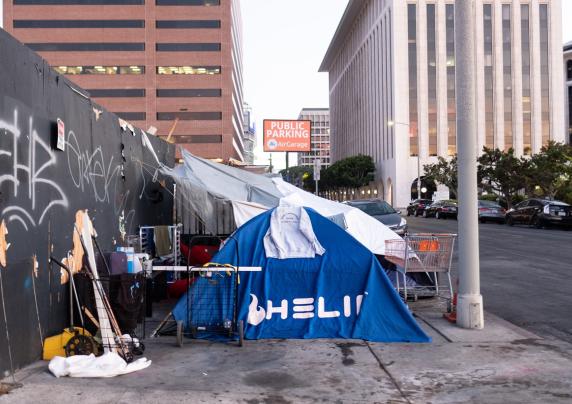
LA’s Mayoral Candidates Have Big Plans to Fix Homelessness
NPR Morning Edition & KCRW •
July 12, 2022
Image
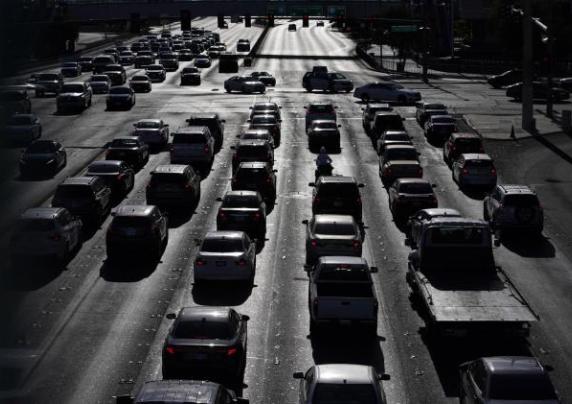
More People Experiencing Homelessness Are Living in Cars Around Las Vegas
KNPR Nevada Public Radio •
June 8, 2022
Image

Murders of People Experiencing Homelessness Are on the Rise
Crosstown •
June 8, 2022
Image
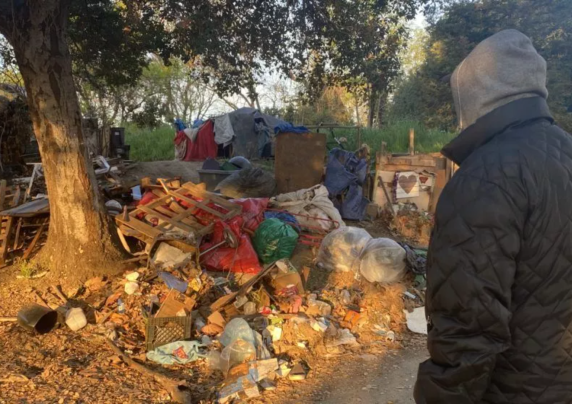
Panel: Lack of Housing Is Main Cause for San Jose Homelessness
San Jose Spotlight •
May 31, 2022